It is said that when a former Bodley’s Librarian asked a student what they considered essential to navigating Oxford’s libraries, the student responded “a bicycle!” Although it may not have been the response he was hoping for, many trainees past and present have found some truth in this. Cycling can be a great way to speed up your commute, get around the city centre, and explore further afield. However, we know that taking to the road can be an intimidating prospect, so in a sequel of sorts to our recent post on Commuting into Oxford, we have collated our best advice for cycling in Oxford.
Getting a Bike
There are thousands of bikes in Oxford, so if you don’t want to bring one from home, you can easily pick up a good bike for a decent price on Facebook Marketplace or refurbished second-hand bicycles can be purchased from Broken Spoke Bike Co-op, a community benefit society with charitable objectives. A bicycle trading marketplace is also available locally via Oxbike, where you can also rent a second-hand bike for the year.
The University offers staff an interest-free loan to buy a bicycle and all the safety equipment you need, with up to a 12% discount from local retailers. If you do opt for a new bike over a second hand one, it’s worth keeping in mind the very real risk of bicycle theft in the city. There’s more advice on this topic below.
Storing your Bike
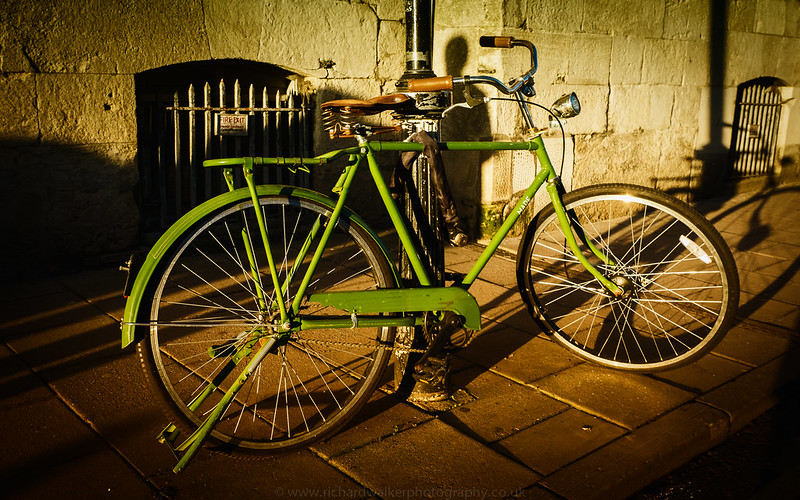
It’s a very good idea to find out if your place of work has a secure place for bikes to be kept before you arrive in Oxford (and whether there a safe place to store it at home). Otherwise, you need to be prepared for your bikes (and any stealable parts) to be a target of theft.
- Bodleian Staff can apply for a key to the Weston/Clarendon bike shed. This is done through your manager/security. It has time restrictions on access, but better than parking on the street. Anyone working at the Sackler, Taylor Institution and Nizami Ganjavi Libraries can also have access to the Sackler courtyard for bike storage, which is only accessible via your University Card.
- Several colleges offer card-secured bike storage and they may offer bike stickers with unique identifying numbers to students.
- If your place of work does not offer a secure place to park your bike, you can register to be a member of Westgate Oxford Cycle Hub for free, which is accessed by fob on Old Greyfriars Street (open from 7am-11pm). You will need to register at the information kiosk in the Westgate.
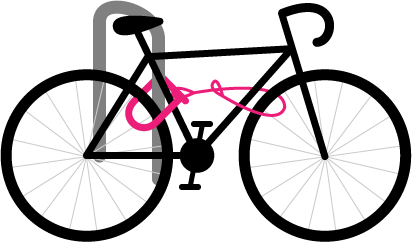
Best advice to keep your bike safe:
- Buy a D-lock and cable that will allow you to lock through both wheels and frame.
- Remove the quick-release wheel and seat post skewers and replace them with standard or secure skewers.
- Don’t have a bright, shiny new bike — buy one second-hand or allow bumps, scrapes, and grime to build up on the frame while still being careful to maintain a well-lubricated chain and clean rims and brakes. You can also add tape, paint, and other marks to both make it less attractive and more easily identifiable.
- Take a photo of your bike and its frame number just in case you ever have to report it missing or stolen. You can also add this information to the Bike Register: The National Cycle Database.
- Security tags or IDs can be added.
- Accept it is not a question of if, but when, you will be a victim of theft. Decide about how much you can afford to lose and have enough money set aside for replacement parts/bikes.
Repairing your Bike

The University has teamed up with two local companies – Oxford Mobile Cycle Repairs (OMCR) and Walton Street Cycles (WSC) – to provide staff with a mobile bike repair service for punctures, brakes, cables, gears and lights.
Labour is free for staff (although not for students), as long as you use the bike to travel to and from work or on University business. You must also show your University card when using the service and will need to leave a mobile number, so the mechanic can contact you when the bike is ready to collect. You will have to pay at the point of service for any parts your bike needs, but your mechanic will give you a quote before undertaking any work.
A mobile mechanic is first-come-first-serve, so it is best to arrive early. The mobile mechanics may also leave early if they don’t have customers so it’s best to go before work and keep your phone handy in case they send you a message requesting the bike is collected. If you explain to your supervisor, they should allow you to drop off your bike in the morning and the mechanic can let you know by phone when they are finished with your bike. The mechanics may also offer to move the bike back to their shop in case you can’t pick it up when they move on. You can see a list of when the mobile bike mechanic has their drop in on the University site.
Remember: keeping your bike in good working order is important, especially if it is your primary mode of transport. A little bit of self-maintenance can go a long way. Get into the habit of checking your tyres are pumped at a high enough pressure (and within the limits they are designed for) and free from nicks and debris to avoid punctures; clean your wheel rims and make sure your brakes are also clean and provide sufficient stopping power; lubricate your chain regularly to keep it free from rust (and your lock too); and have any potential/minor issues with the frame, gears and other moving parts checked by a mechanic before they become a bigger problem and more expensive to fix.
Cycling Safely

With so many cars, other cyclists and tourists on the roads in Oxford, it is important that you know how to ride defensively and know the roads you commute on regularly. For example, know where pedestrians fail to pay attention, the blind spots at junctions, how to get safely to the front of traffic at lights and where the bike lanes end. You have to make yourself visible and be prepared to take up space on the road so drivers will not take chances. If you want to improve your confidence on the roads, Broken Spoke gives Oxford Uni staff up to 6 hours of free bike training for all different levels (just choose ‘Paid for by the University of Oxford’ on the booking form).
Best advice to keep yourself safe:
- Oxford’s roads are busy, especially at rush hour, so plan a safe route to work. You can plan a quiet cycle route on the University cycling page, or use the Oxford Cycle Map. Not only is it safer, but a much calmer way to get to work!
- Make yourself visible. During Michaelmas and the beginning of Hilary term, it will be dark by the time you finish work – especially if you work until 6.30pm in term-time like the All Souls College trainee! Reflective jackets, such as these, are effective at making sure you are visible to drivers and being so shiny helps prevent buses from tailgating you at junctions.
- You can buy discounted bike lights and locks through the University online store (and have them delivered to your place of work/college for free using the internal mail). Police will often be on the lookout for cyclists without lights during the switch over to daylight savings time in Michaelmas term and will issue fines on the spot if you do not have lights.
- Have a bell on your bike to alert pedestrians and other road users – and don’t be shy about using it.
Enjoy cycling in Oxford!

Don’t feel too intimidated! It is good to be cautious but there are many lovely routes around Oxford – cycling along the riverside to the Isis Farmhouse pub can be one of the greatest pleasures of a sunny afternoon. Cycling can also be a quick and scenic way to get to library training at Osney, along the Thames towpath or through Grandpont Nature Park. Have a look at our post about Things to Do and Places to See in Oxford, and we’ll see you at the Handlebar Café!




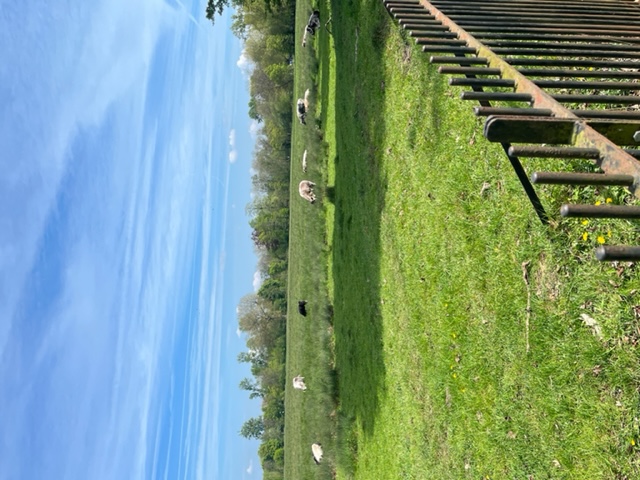
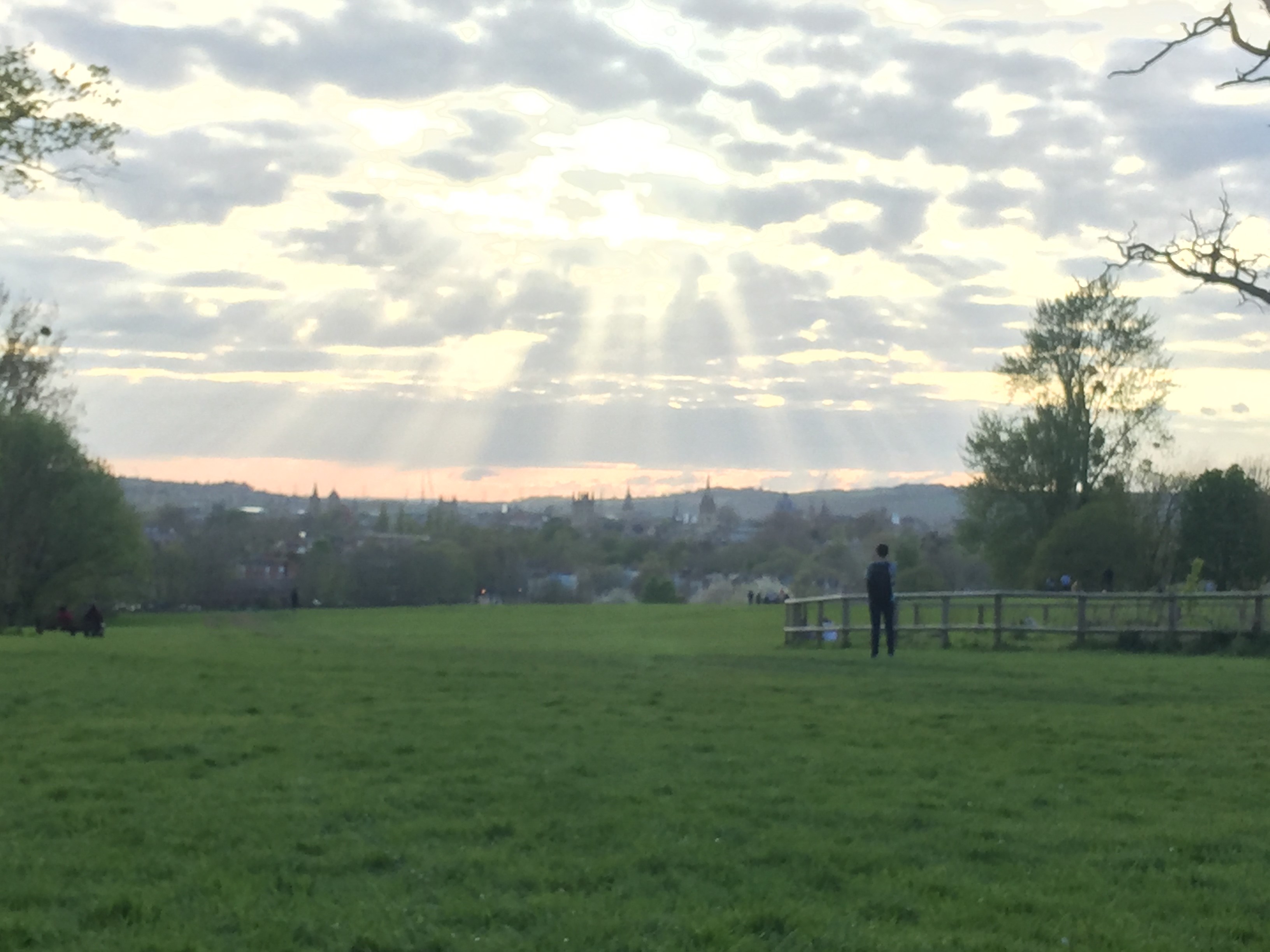

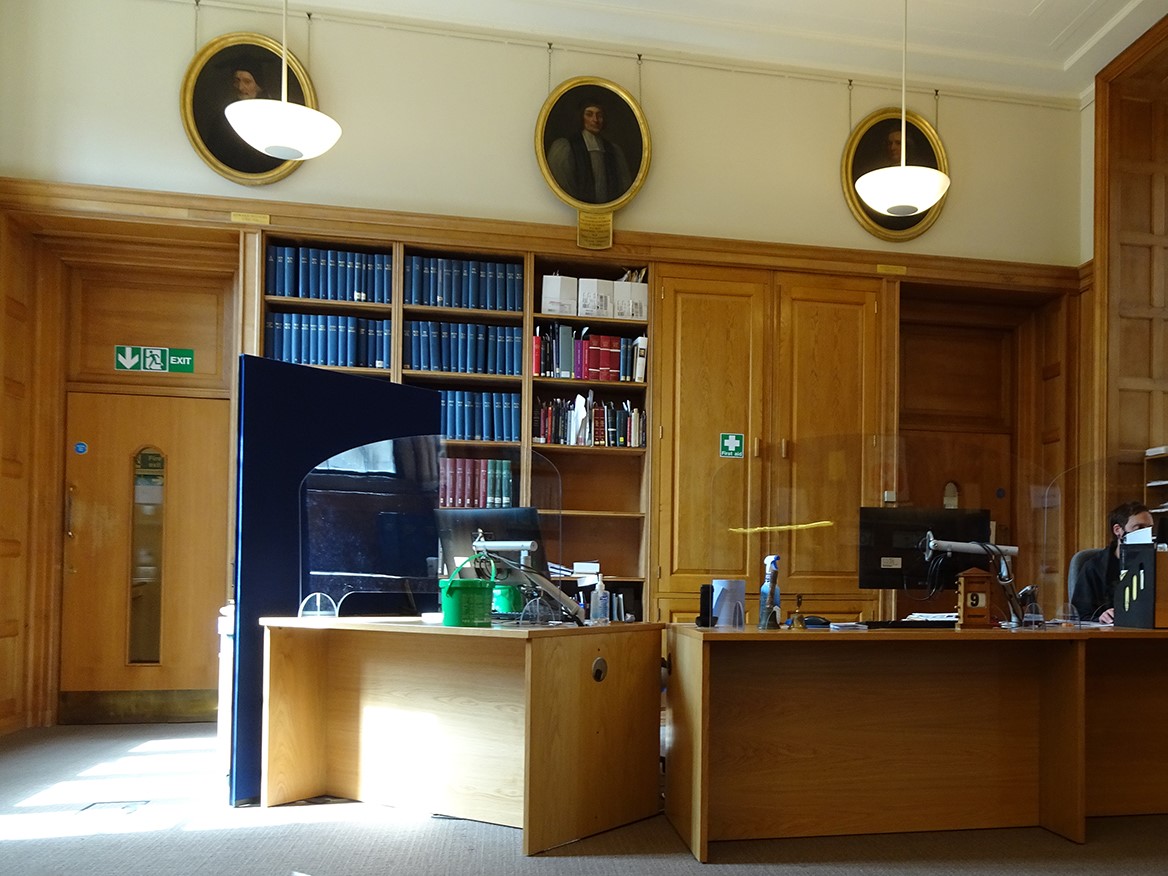

Recent Comments